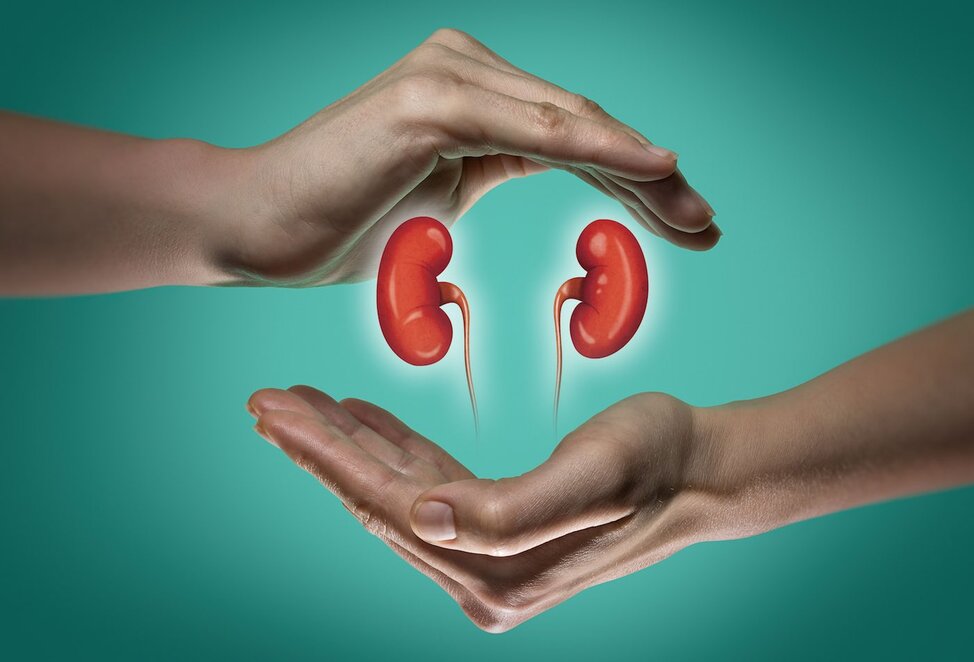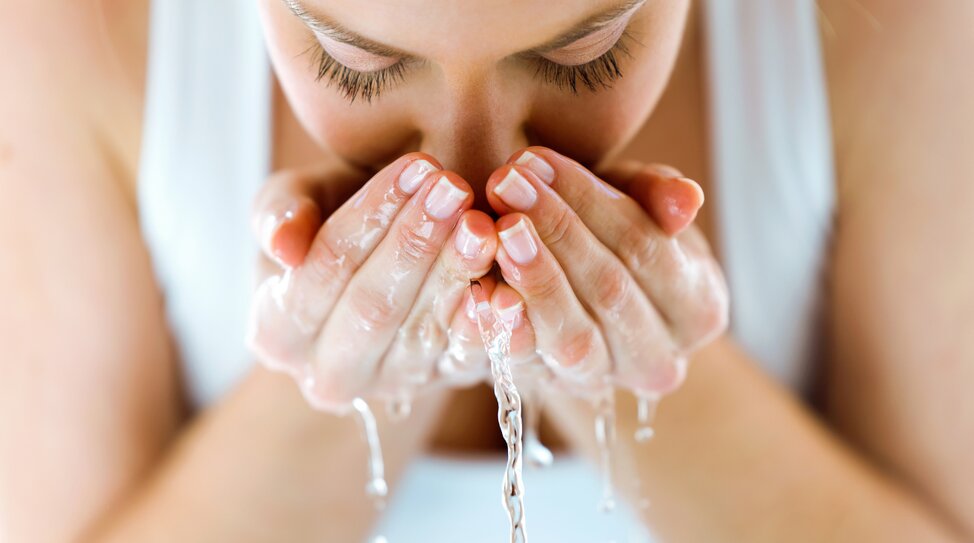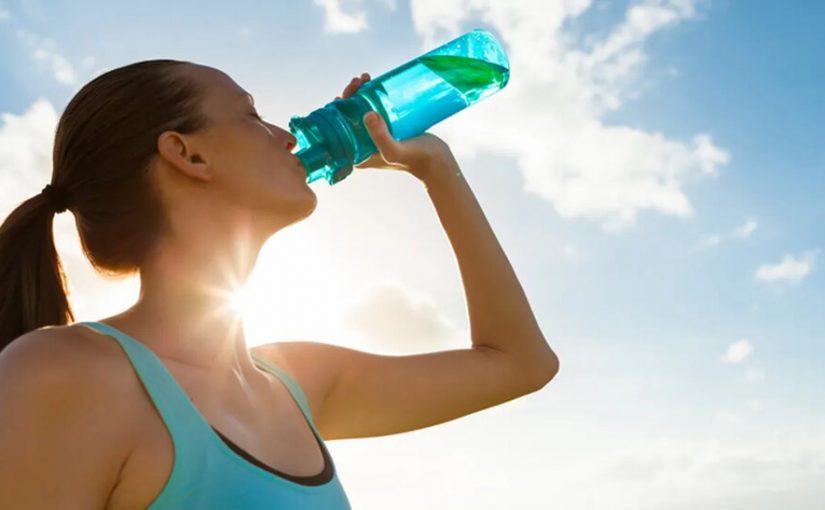The importance of water
Have you ever been scared of the darker color of urine? This situation indicates, at best, an insufficient supply of water. If you also experience dry mouth, headache, or dizziness, you will likely need a glass of water as soon as possible. However, the role of water is not just to refresh the body or quench thirst. Water is essential for health. Without a sufficient supply of fluids, the kidneys and other functions of the body cannot function properly. Therefore, water supply is essential not only in summer but every season.
One of our sexy escort girls related: “I was one of those people who forgot to drink water for half a day. Then I tried to recover by drinking a few glasses the night before bed. This led to fatigue, headaches, and difficulty concentrating. Not to mention what the kidneys must have been through. Then one day, I went to have my body measurements done, and the result showed that my body was even a few years older than it is, and then I realized that it was time to think about what I was doing.”
Correcting insufficient water intake was one of the first things on the list. With the next steps towards a healthier lifestyle, I gradually began to feel better than ever. So, let’s look at the importance of water intake, which can make you feel much better.
Water that keeps us hydrated
Have you ever wondered what you need to survive? To eat? Of air? Facebook? Instagram? A VIP escort girl from our Escort Agency? How about water? This beneficial liquid composed of hydrogen and oxygen represents about 60% of the human body and covers 71% of our planet. It is essential for everything alive and is found in cells or blood vessels.
Our body has a sophisticated water management system that keeps its level in balance and moves where water is most needed when there is a deficit. Hydration levels decrease when you sweat, breathe or urinate. As the water intake decreases, so does the feeling of thirst, which, when ignored, leads to dehydration.
The main symptoms of dehydration include:
- dry mouth sensation
- muscle weakness
- feeling thirsty
- dark urine
- headache
- urinating less than 4 times a day
- dizziness
As the article’s title suggests, this is not the right way to go. Water is essential because it removes toxins from the body, regulates body temperature, and helps the brain function correctly. In addition, all metabolic processes take place in the aquatic environment.
The most important health benefits of water
Consumption of fluids (of course water) is associated with other benefits, which we will present below.
-
Helps maximize physical performance
Improper hydration harms physical performance. According to studies, dehydration can significantly affect even if you lose the equivalent of 2% water in your body weight. One study found that dehydration reduced performance in activities lasting more than 30 minutes. Therefore, drinking water is essential during prolonged intense training, especially in endurance training. The reason for the most significant water loss during sports is sweating.
The human body is cooled by evaporating sweat (liquids) from its surface. This popular physical activity is the cause of heat generation, which must be spread to prevent the body from overheating. The amount of sweat (excreted water) depends on the length of the workout, the intensity of the performance, and the external environment.
For athletes, it is common to have losses of about 6-10%, which can lead to changes in body temperature regulation, reduced motivation to continue training, and increased fatigue. Exhaustion, dizziness, headache, and dry mouth are no exception. This will make your workout much harder, both physically and mentally.
Research has shown that optimal hydration prevents similar effects and may even help reduce oxidative stress during the regeneration phase, which occurs more during high-intensity training.
However, it is essential to supplement your intake of ions lost through sweat during exercises, such as sodium, chloride, potassium, magnesium, or calcium.
Of all these, sodium is the most important because it has the most significant impact on the body’s hydration of all electrolytes due to its ability to retain fluids. The typical sodium concentration in ionic beverages is between 10 and 30 mmol / l. In the case of potassium, it is 0.8-2 g / l. The content of ions in beverages thus prevents a phenomenon called hyponatremia, a condition in which the sodium concentration is less than 135 mmol / l. Such a deficiency can lead to a collapse in the body.
Other findings from studies that looked at the effect of water on physical performance include:
- the loss of 1.4% of fluids after exercise in young women disturbed the mood and ability to concentrate and increased the frequency of headaches.
- the loss of 1.6% of fluids in young men negatively affected working memory and increased the feeling of anxiety or fatigue.
- mild dehydration can affect mood, memory, and brain performance.
-
It is essential for kidney function

Water provides the body with minerals and nutrients by dissolving them. In addition, it helps eliminate toxins that are filtered by the kidneys.
The kidneys also help to:
- regulating the volume of water throughout the body
- excretion of residual substances, drugs, and other metabolites
- secretion of hormones that regulate blood pressure (e.g., renin)
- production of the active form of vitamin D.
- controlling the production of red blood cells
- primary urine production and definitive (hypertonic) urine treatment
Water is essential for the kidneys to function correctly. They filter about 120-150 liters of fluid every day, of which about 1-2 liters are in the form of urine, and the rest reaches the blood.
If the kidneys do not have enough water, they are stressed because they have to work much harder to maintain water management in the body and prevent dehydration. In this case, there may be a defective excretion of toxins and excess fluids, which begin to accumulate in the body. This is associated with a higher risk of developing various kidney problems and the formation of kidney stones, and a higher risk of chronic diseases.
Optimal fluid intake, discussed below, is essential for proper kidney function. Several studies show that optimal water intake can protect the kidneys from chronic diseases and thus help maintain their health.
-
Helps fight disease and headaches
Do you remember the doctor’s words, who, after a consultation, emphasized, along with the rest of the medical indications, the importance of getting enough fluids? This is because water helps us absorb various vitamins and minerals. In addition, research has shown that it can impact various diseases.
The positive effects of water consumption are manifested in particular in the form of:
- constipation
- kidney stones
- urinary tract infections
- blood pressure (or hypertension)
In addition, for some people, dehydration can lead to headaches. 40% of the 393 participants had headaches due to dehydration. Several studies have addressed the issue of the impact of water on diseases or headaches, which have led to the following conclusions:
- A study of 102 men suffering from migraines found that consuming an extra 1.5 liters of water a day improved their quality of life.
- Magnesium and sodium-rich mineral water improve stool in people with constipation.
- Increased water intake can help prevent recurrent urinary tract and bladder infections.
- In people who have had headaches due to lack of water, fluid supplementation has improved problems within 30 minutes to 3 hours.
-
May be beneficial in weight loss
Drinking more fluids can help you lose weight. This is because water can contribute to satiety and speed up metabolism. In addition to the evolution of biochemical processes, energy is also obtained in the aquatic environment. Part of all living cells is the so-called mitochondria, which function as tiny power plants, producing energy for the body.
Studies show that mitochondria work better when adequately hydrated than when feeling thirsty. Drinking a glass of water before meals can also prevent you from overeating. A 2014 study supports the claim that water helps to reduce weight.
The study involved 50 overweight escort girls. In addition to regular fluid intake, these escorts drank another 500 ml of water 30 minutes before each main meal. Therefore, participants experienced weight loss and reported decreased appetite.
Carbonated drinks are also associated with weight gain and should be replaced with water or non-caloric drinks when trying to lose weight. The authors of the 2012 study found that replacing two or more caloric drinks with non-caloric drinks every day for 6 months contributed to an average weight loss of 2-2.5% in obese women.
Other benefits of adequate water intake
According to several sources, we can talk about the following benefits in terms of sufficient fluid intake:
- It contributes to the average production of saliva, which maintains the health of the oral cavity.
- It represents 90% of the blood, which, among other things, supplies oxygen to the whole body.
- Contributes to joint health.
- Supports the digestive system.
- Contributes to the normal functioning of the airways , which are limited when a person is dehydrated.
- Ionic drinks/mineral waters maintain the balance of electrolytes eliminated by sweat during intense training.
- Helps regulate blood pressure.
- It has a positive impact on cognitive performance.
Does water consumption affect skin quality?

When it comes to water, you may have already experienced a benefit that improves the quality of your skin. But is this true? Unfortunately no. This is one of the most common myths associated with drinking water. Numerous unconfirmed sources suggest that 8-10 glasses of water a day removes toxins from the skin, giving it a bright color. However, there is insufficient evidence for such claims. The skin contains about 30% water, and its structure serves the body as a waterproofing. Water loss on the skin’s entire surface also occurs through the sweat glands, which are evenly distributed over most of the body surface.
Dry skin is most often associated with exposure to dry air, prolonged contact with hot water, inappropriate soap, or medication. Only severe cases of dehydration can affect the skin, which can cause so-called swelling (high blood pressure) of the skin. This does not play a role in people with adequate hydration. It should be added that adequate hydration is not enough to prevent wrinkles or other manifestations caused by aging. These are often related to genetics, sunlight, or the influence of the environment in which you live.
The recommended amount of water you should consume
Once you know why you need to get enough fluids, another unanswered question is: how much fluids should you consume? The answer depends on many factors and varies from person to person.
The general recommendations of the experts from the Institute of Medicine of the National Academies regarding the water supply are:
- 7 liters for women (about 11 cups)
- 7 liters for men (about 15 cups)
- 30 – 45 ml of water per kilogram of body weight.
About 80% of the recommended amount should come from fluids, including water, and the rest from food. However, water intake also depends on specific factors, such as the climate in which you live, your diet, physical activity, time of year, and health. Critical times when fluids are most important are fever, diarrhea, episodes of excessive sweating (physical activity, weather), pregnancy, and hot weather.
Adequate versus excessive hydration
They need to drink fluids is similar to the mechanism of respiration. You don’t have to worry about how it works, and when the water in your body drops below a certain level, you will feel thirsty. To a greater extent, this may be an indicator of dehydration, but it is not enough to rely solely on this symptom, especially in terms of health or athletic performance.
Until you feel thirsty, your hydration level may drop too much, also related to the discomfort mentioned, such as fatigue or headaches. Therefore, urine color may be a more helpful signal regarding hydration level. It’s straightforward, as shown in the following color chart.
However, problems can also be caused by excessive water consumption, which in extreme cases leads to intoxication. This happens when sodium and other electrolytes in your body get too low. This condition is also known as hyponatremia, caused by excessive fluid intake, for example, during a stressful situation. Intense sports performance can also be a problem, during which most people only drink water without electrolytes. Symptoms of hyponatremia include behavioral disorders, disorientation, apathy, headache, nausea, and vomiting. Sensory disturbances, low reflexes, convulsions, or more profound disturbances of consciousness, which can lead to coma, are no exception.
